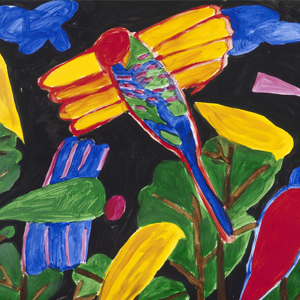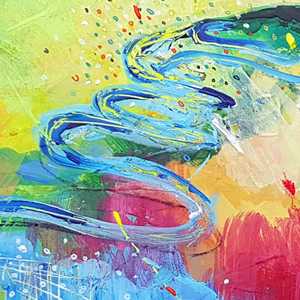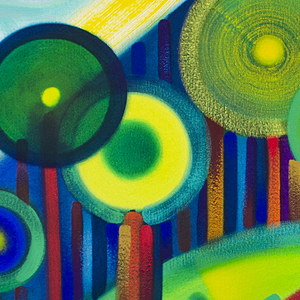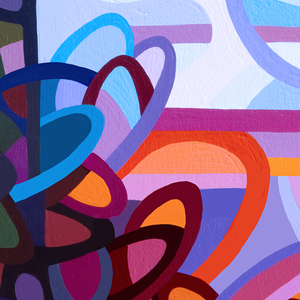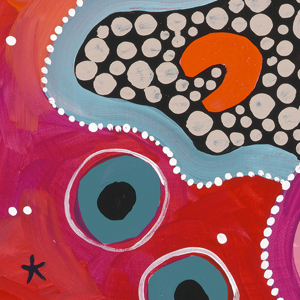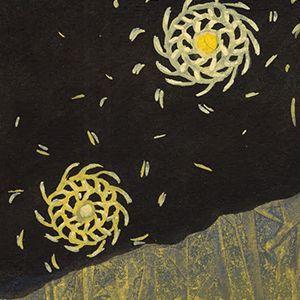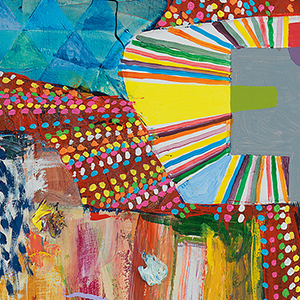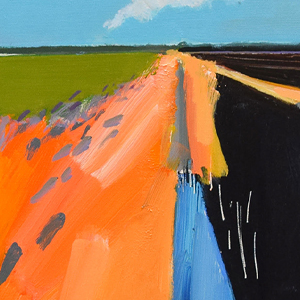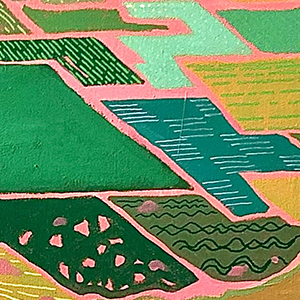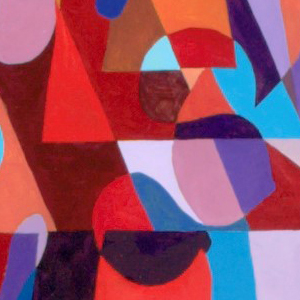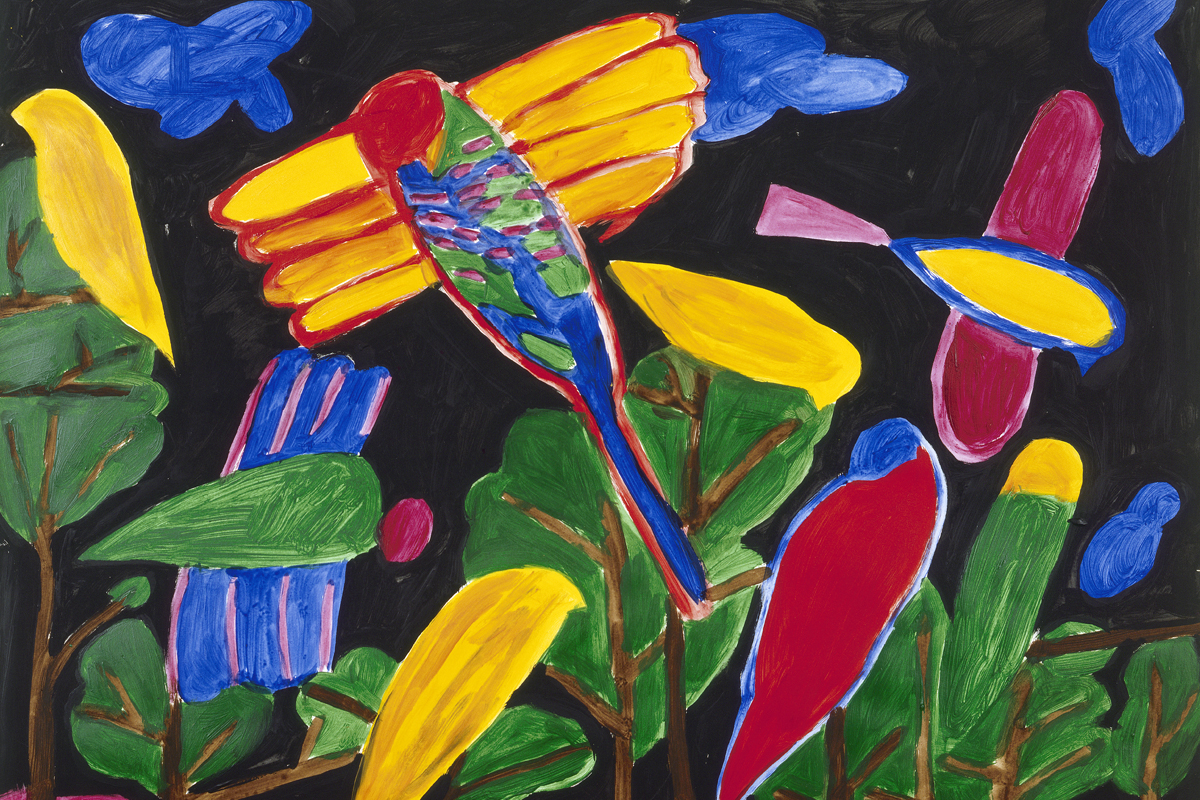
From the Editor
Welcome
Suzanne Shanahan, Editor
Artwork: “Night Birds” by Ken Done © 1990
We are travelers on a cosmic journey, stardust, swirling and dancing in the eddies and whirlpools of infinity. Life is eternal. We have stopped for a moment to encounter each other, to meet, to love, to share. This is a precious moment. It is a little parentheses in eternity.
—Paulo Coelho, The Alchemist
Coelho’s The Alchemist was first translated into English in in 1993. In the wonderous, hopeful tale of a shepherd, Santiago, pursuing his destiny from Andalusia to the Egyptian pyramids, the search for purpose and meaning are inherently heroic, and our shared flourishing is a product of the individual quest: “When we strive to become better than we are, everything around us becomes better, too.” The Alchemist offered a recipe for the life well lived, and quickly became a cult classic—published in eighty languages and selling more than 150 million copies. Coelho says it only took him two weeks to write the manuscript because “it was already written in his soul.”
I consider The Alchemist part of my own introduction to questions of vocation, purpose, and human flourishing. I may well have spent more time reading and re-reading it than Coelho did writing it. Published before Bill Damon’s seminal work on purpose or his decades long collaboration with Howard Gardner and well before programmatic interventions like Duke’s Purpose Project or the Purposeful Work initiative at Bates College, Coelho’s story has much in common with both current scholarly conversations about purpose as well as the more popular fascination with pursuing it. Indeed, we see how Belmont University President Greg Jones’ essay in this issue is deeply resonant with Coelho: “By framing questions of purpose, character, and entrepreneurial mindset more clearly in terms of what it means for human beings, individually and collectively, to flourish, we as higher education leaders may see far greater impact on creating and sustaining the flourishing world at the heart of our own sense of purpose.”
And yet, I have recently come to question the emphasis on purpose and popular culture’s current fascination with it. This fall, while searching for a day planner for my daughter, I came across a lovely “Live with Purpose Planner” that suggested a banality of purpose that disquieted me. Is finding purpose as simple as 10 easy steps? Could the aspiration for self-transcendent purpose becoming just another narcissistic journey of self-actualization?
During a recent conversation with Stanford’s Dave Evans, he described meaning as the new money. I loved that notion, but later wondered whether it signaled an over-instrumentalized, over-individuated purpose. There was a moment during the pandemic where the individual pursuit of purpose and human flourishing seemed quite thoughtfully aligned. Was this deep alignment just epiphenomenal? How can we avoid hollowing out the value of purpose?
In this issue of Virtues & Vocations: Higher Education for Human Flourishing, ten essays and an interview with scholar Bill Damon center a robust engagement with purpose. For me personally, they offer an antidote to worries of trivialization or individuation. While deeply personal, they illustrate how important self-transcendence is for the pursuit of purpose. And yet, their humor and reflection also remind us that not everything in life needs to be purposeful. As Jesse Summers, Director of University Initiatives with the Purpose Project at Duke, writes, “We see that more clearly if we ask not what a life is for, but, instead, how to love the worthiness of what we do.”
This set of essays is perhaps more analytically autobiographical than those that have appeared in previous issues, with many contributors sharing wisdom from their own pursuit of meaningful, self-transcendent purpose at very different moments in their life course. Authors—some still in their twenties, others approaching their nineties—examine their personal journeys to find, maintain, or reconstruct purpose. Illness, death, disappointment, and failure feature alongside narratives of love, commitment, professional success, sport, and unmitigated joy. In each of these essays, as in The Alchemist, hope and purpose are inextricably linked.
Our authors also explore the purpose of education, and of work, and what it means to educate for purpose. Director of Formation at the Francesco Collaborative, Kelli Hickey, writes,
I’ve come to believe that the meaning and purpose of education, like that of a crisis, is to sift. Our education should shake up our categories, challenge our priorities, and call into question our dominant visions of success. It should plunge us into debates about purpose, meaning, faith, and the good. It should center life’s most important questions: who we are, where we are going, what we owe each other, who we ought to be. At its best, education is about formation. It’s about learning to live a life in the fullness of our human dignity—and building the kind of world that allows others to do the same.
As always, we have selected art to accompany each essay to move us toward a richer, more robust engagement with the topic at hand. The art in this issue seeks to evoke a sense of movement not unlike Santiago’s journey. We invite you to stop for a moment, experiencing one of the little parentheses in eternity that the pursuit of purpose affords.

–Suzanne Shanahan
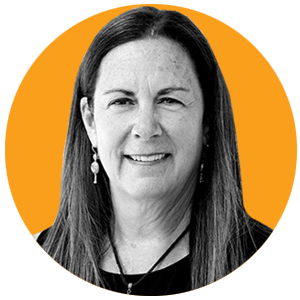
Suzanne Shanahan is the Leo and Arlene Hawk Executive Director, Center for Social Concerns, University of Notre Dame.
Spring 2024
Part I: Pursuing Virtue
L. Gregory Jones
Sabrina B. Little
Kelli Reagan Hickey
Jesse S. Summers
Interlude: Purposeful Pursuits
Howard Gardner
Part II: Pursuing Vocation
Clayton Spencer
James Coleman, Jr.
James and Margaret Plews-Ogan
Carolyn Woo
MORE





